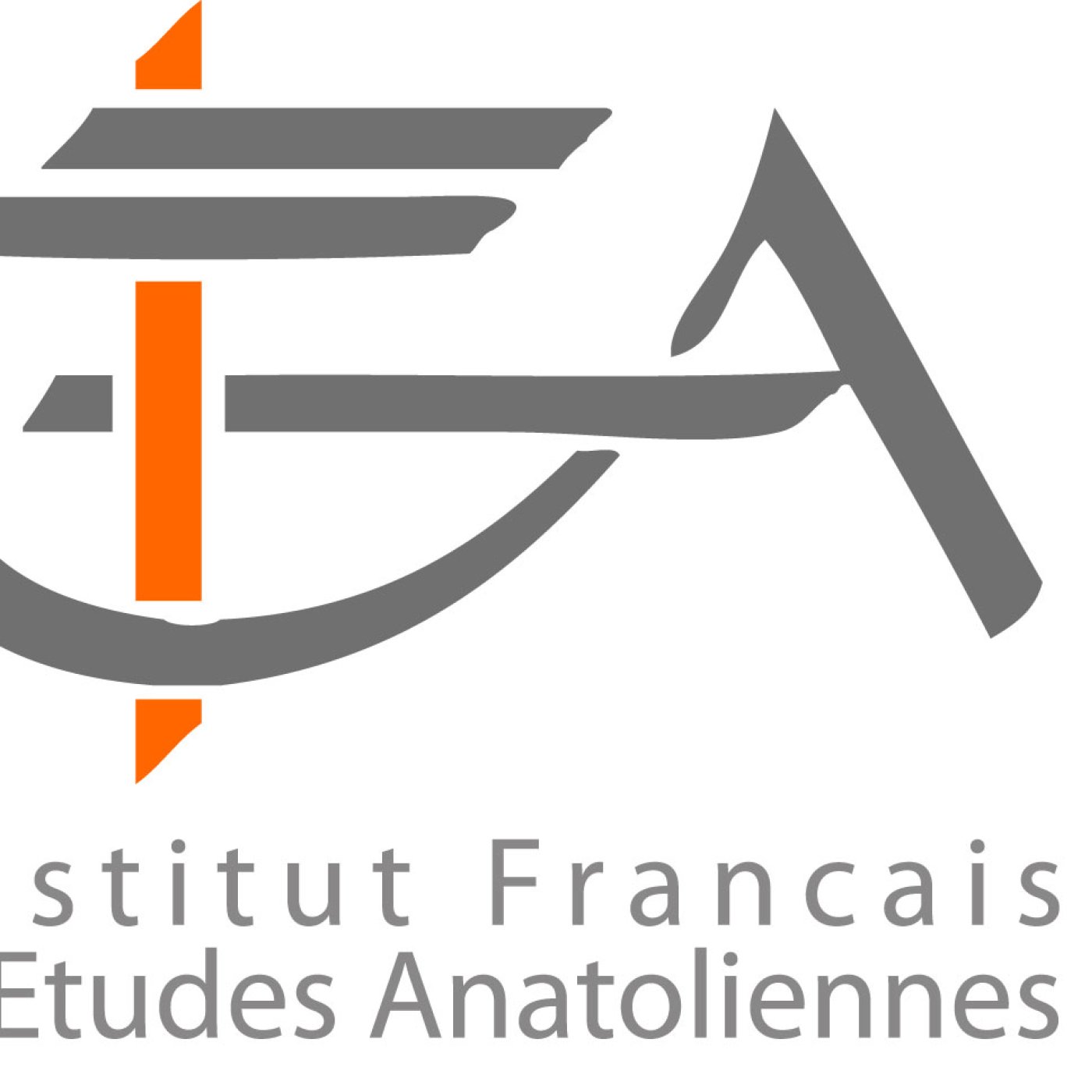Table ronde

CAUCASIAN AND CENTRAL ASIAN PERCEPTIONS OF OTTOMAN EMPIRE
Over the past two decades, the historiographical production of the history of the Ottoman Empire has seen profound renovations and a remarkable prosperity. The internationalization of research has promoted the establishment of cross-dialogues among the nationalist productions of the different post-Ottoman states. Moreover, being aware of the impact of Orientalism, Western researchers have leaned towards their own historiography in regard to this area (Ottoman, Turkish, Oriental, etc.). As a result, there is a vast wave of critical reflection on the diverse writings and apprehensions of this imperial space. Unfortunately, the lack of consideration for such historiographies produced in Caucasian and Central Asian countries, is important to underline. Either the effect of the compartmentalization of academic fields and of languages’ obstacle, the way which the countries of the Caucasus and Central Asia have perceived and still perceive today the Ottoman past, is quite a dead angle, that this round table intends to contribute to go over. Many questions might be raised: are they facing a renewed interest in this past, as a number of Middle Eastern countries? What role does Russian historiographical traditions play in the production of this knowledge? What kind of discourse do these countries produce regarding the Ottoman past? Does the state of diplomatic relations between these countries and Turkey, have an impact on it? Are Pan-Turkism and Pan-Islamism still a current issue today and do they affect the perception of this past?
14h-14h30 Introductive words by Bayram Balcı, director of IFEA - Istanbul
14h30-15h Prof. Dr. George Sanikidze (Ilia State University, Tbillisi): “Perception of the Ottoman Empire in the Georgian historiography”
coffee time
15h30-16h Dr. Altay Goyushov (Baku Research Institute, Baku): “Perception of Ottoman Empire among Muslim of South Caucasus in the late 19th-early 20th centuries”
16h-16h30 Ass.Pr. Dr. Gaybullah Boboyorov (Institute of Oriental Studies, Tashkent): “Orta Asya toplumunda Osmanlı bilinci”
16h30-17h Discussion by/with Ass.Pr. Dr. Juliette Dumas (AMU DEMO / IREMAM, Aix-en-Provence
avec le soutien du LabexMed dans le cadre du projet OTTOMED
Détails
| Date de l'événement | 27/06/2019 2:00 pm |
| Date de fin | 27/06/2019 6:00 pm |
| Places | 60 |
| Inscrit.e.s | 13 |
| Places disponibles | 47 |
| Date limite d'inscription | 26/06/2019 3:00 pm |
| Lieu | IFEA |



